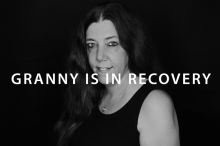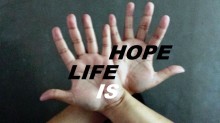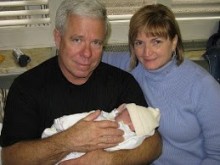 My apologies for the pause in uploading blogs, but have been very busy working on our Sharing Culture initiative. More news on that front soon.
My apologies for the pause in uploading blogs, but have been very busy working on our Sharing Culture initiative. More news on that front soon.
‘I read an extraordinary article by Dale Walsh written back in 1996 which really summed up what recovery and recovery principles mean to a person who has been suffering from mental health problems. I thought I would highlight some of the main points here.
The Problem
“For many years I believed in a traditional medical model. I had a disease. I was sick. I was told I was mentally ill, that I should learn to cope with my anxiety, my depression, my pain, and my panic.
I never told anyone about the voices, but they were there, too. I was told I should change my expectations of myself and realize I would always have to live a very restricted life.
















